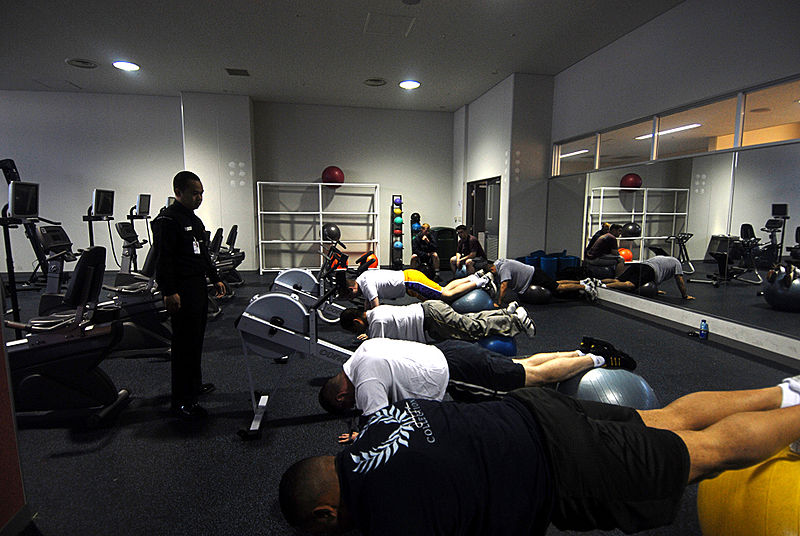Technion researchers are participating in a comprehensive study funded by the European Union in the amount of three million euros, which strives to find a genetic connection to back pain as part of an attempt to improve the diagnostics and treatment available today.

Back pain is a serious real problem in industrialized western countries, often due to poor diagnosis and treatment. In 85% of the reported cases, there is no clear diagnosis or consensus between different doctors and/or countries regarding the essence of the treatment itself. Apart from the great suffering this causes the patients and their family members, back pain is a huge financial burden. Most of the burden comes from those 10% of patients who become chronically disabled. Without a clear diagnosis, the treatment and preventive measures cannot be applied effectively. Due to the importance of the matter, the European Union decided to invest a significant amount of money for five years in the Genodisc project, during which thousands of patients will be tested for the purpose of the research.
Professor Alice Merodes and Dr. Sharit Sion, with the help of Ms. Yulia Marhar, from the Faculty of Biomedical Engineering at the Technion - examine tissues that arrive at the Technion from researchers and medical centers throughout Europe. "We test biophysical processes of the main components of the disc tissue (depending on the age and degree of degeneration of the tissue), changes in which may cause or manifest in the development of functional disorders", explains Dr. Sion. "We check molecular turnover in the tissue, using methods that were developed and perfected in the faculty laboratories at the Technion. This information is important in understanding the ability of the tissue to be replaced (if at all) in case of injury or pathology."
Among the researchers participating in this international study are spine surgeons and clinicians, and many scientists, including: researchers specializing in genetics, physiology and biophysics of the cell, regenerative medicine, engineering and computational analysis. The research is led by a team from the University of Oxford and is being carried out in nine countries - Great Britain, Israel, Germany, Finland, Greece, the Netherlands, Hungary, Italy and Slovenia. This study is a direct continuation of a previous study that was also funded by the European Union, the Eurodisc, and in which the group from the Technion also participated. This study examined the effect of interactions between aging, genetics and lifestyle on disc degeneration.
In the comprehensive study, thousands of patients are examined and this is the first attempt of its kind to find a connection between genes and the processes of disc degeneration that cause functional disorders, such as back pain. The purpose of the project is also to develop better and earlier diagnostic methods in order to improve the type and speed of treatment currently offered to the patient. The development of more effective diagnostic methods is possible in this project thanks to a gene review of a large and specific population with a pre-selected phenotype (degenerative disc that causes back pain), the study of processes related to disc degeneration and models that explain how genes and molecular processes may lead to the development of pathologies related to disc degeneration. This research may even contribute to the discovery of markers that will improve diagnosis and provide target sites for the linking of future drugs - all with the aim of curbing back pain so that the condition of those suffering from it does not deteriorate to the level of chronic disability.
